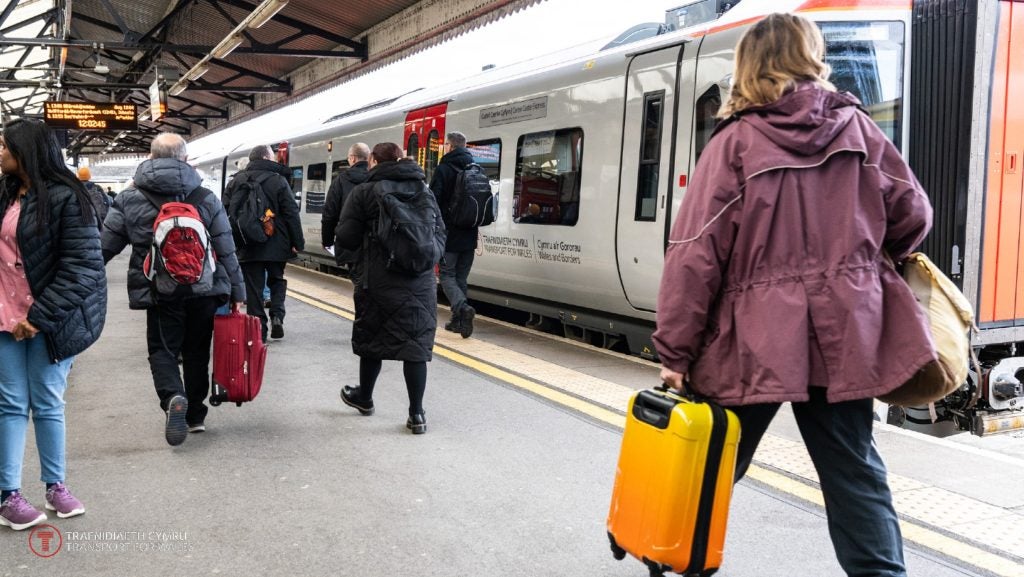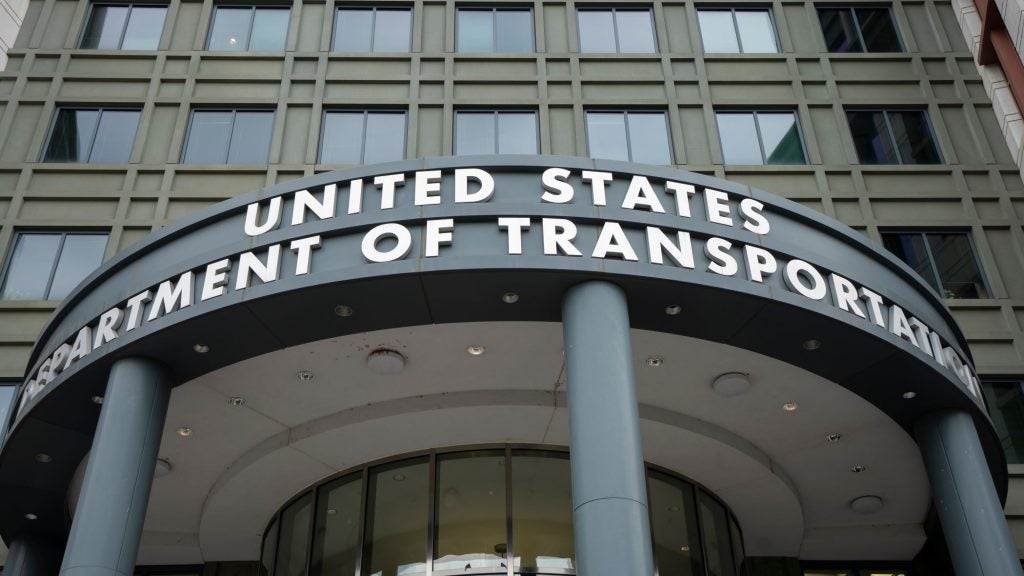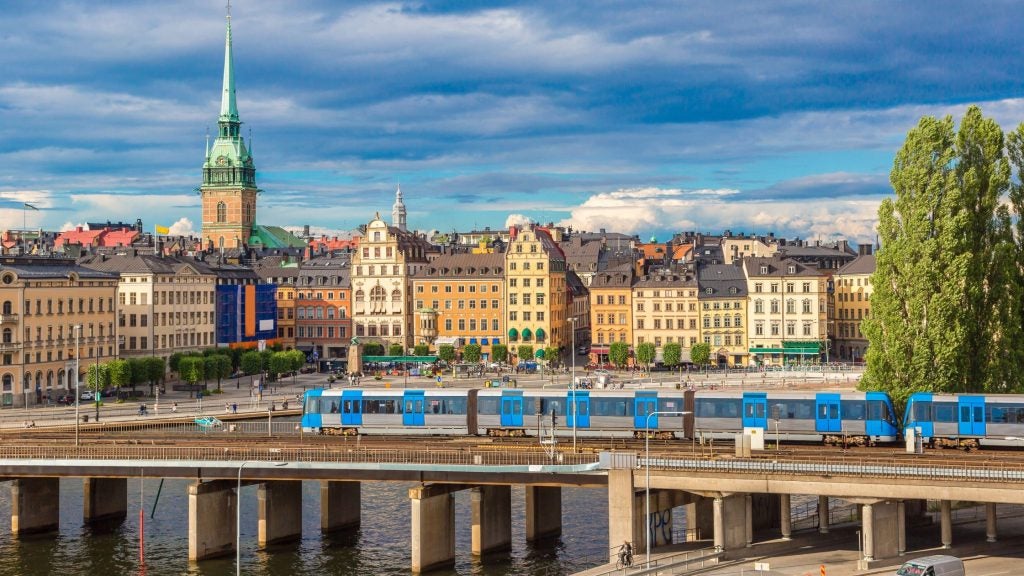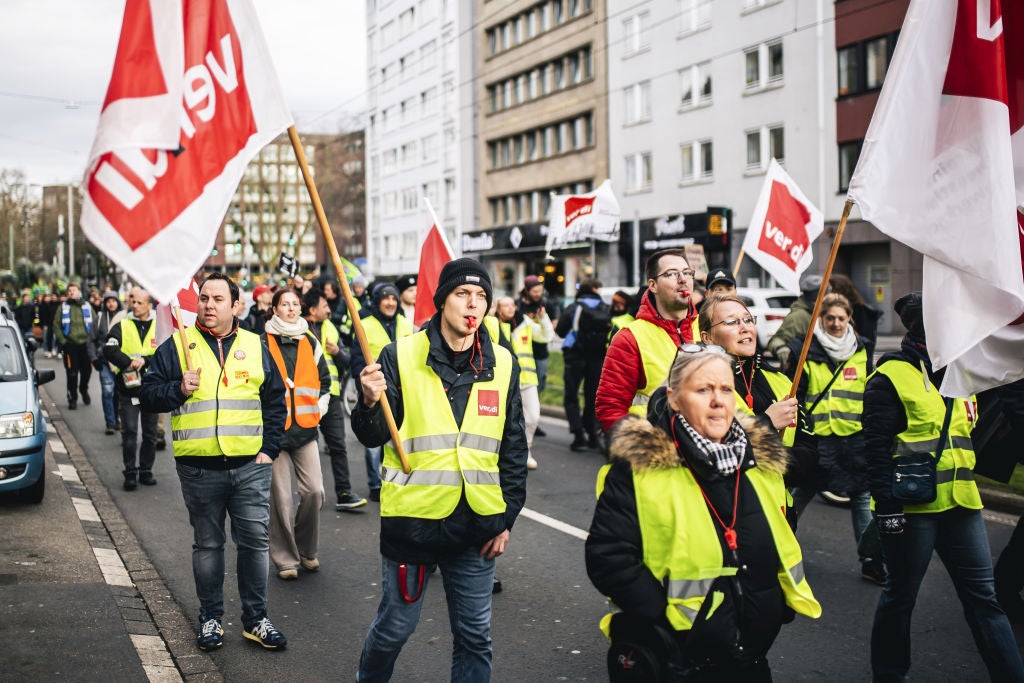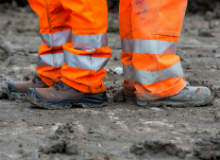
Around the world, workers in public transportation are on the frontline of passenger discontent, anger and frustration, which can often turn into acts of violence and abuse. For women working in the transport sector, the work environment can quickly become uncomfortable or even dangerous.
Faced with discrimination and sexism from passengers, management and co-workers alike, gender-based physical and verbal abuse, economic inequality and the overall lack of representation in a stereotypically male industry, many women transport workers often feel under pressure to prove their worth and can be too scared to report violent or upsetting incidents.
“I think that men and women working in rail passenger transport face a higher risk of violence at work than many other industries,” says ITF Women Transport Workers assistant coordinator Jodi Evans.
“Due to the fact that transport jobs are highly gendered, fewer women are working in traditionally male-dominated jobs like driving and are more prevalent in jobs like customer service officers, ticketing officers, or working as conductors, hence they are more exposed to these issues,” Evans explains, adding that “to survive in the transport world, which is still regarded as no place for women in many countries, women have to tolerate a workplace full of barriers.”
A few examples of the pervasive barriers include uniforms that are made for men’s bodies, no access to toilets and gender-based violence.
For a number of years, the ITF, which includes 700 unions representing over 4.5 million transport workers from some 150 countries, has been battling to raise awareness and support from affiliated unions globally for the elimination of violence against women and girls in the industry.
How well do you really know your competitors?
Access the most comprehensive Company Profiles on the market, powered by GlobalData. Save hours of research. Gain competitive edge.

Thank you!
Your download email will arrive shortly
Not ready to buy yet? Download a free sample
We are confident about the unique quality of our Company Profiles. However, we want you to make the most beneficial decision for your business, so we offer a free sample that you can download by submitting the below form
By GlobalDataIts efforts led to this year’s forum in Bali, which saw women from passenger transport unions coming together for the first time to talk specifically about how to collectively end this violence.
Violence towards women transport workers still endemic
A report released in March 2015 by United Nations Secretary General Ban Ki Moon showed that 35% of women worldwide – one in every three women – have experienced some form of violence in their lives.
Furthermore, the UN’s World’s Women 2015 report found that “the occupational segregation of women and men continues to be deeply embedded in all regions”.
This translates to women earning 70%-90% of what men earn in most countries, despite working on average of three hours more per day than men. Furthermore, the report found that, in the majority of countries, less than half of the women who experienced violence sought help of any sort.
In the ground transport sector, almost half of road and rail transport workers had experienced violent incidents at work.
Testimonies provided by women workers during a 2009 ITF survey give a sobering insight into the abuse they face.
Talking as part of the survey, one railway employee described an incident where she received “sexual innuendo from a group of first class guys [and] one felt my bottom. Another incident where a standard class passenger was shouting and took a picture of me [because] he was upset that he was late”.
Another employee talked about “comments from my line manager regarding ‘women’s work’ and refusal to allow me to attend courses that aren’t really for girls. Also refers to me as a secretary [when] I’m not and asks me to sit on his lap.”
Similarly, Christina Njekwa Nkomo of the Amalgamated Railway Workers’ Union in Zimbabwe pointed out that “women don’t want to work on night rosters because they don’t feel safe and they have family responsibilities. So to avoid night rosters they have to ‘give’ themselves to their bosses for sex”.
“Thinking back to the survey we did in 2009, when you compare the results from that survey and the information that was being shared at the [Bali] forum, it feels that the situation is the same: women passenger transport workers are still experiencing high levels of violence in the workplace,” says Claire Clarke, senior section assistant for ITF inland transport sections.
Due to fear of repercussions, victimisation or inaction from management, these incidents often go unreported.
“It all makes part of that culture where women are not accepted, are treated as different and inferior to their male colleagues,” Evans says. “We still have a long way to go with breaking the silence, which is one of the biggest barriers to ending violence.”
Breaking down barriers through legislation
Legislation that protects women has certainly improved and tightened around the world. According to the UN report, at least 119 countries have passed laws on domestic violence, 125 have laws on sexual harassment and 52 have laws on marital rape.
Availability of data on violence against women has also increased significantly in recent years with more than 100 countries conducting at least one survey addressing the issue since 1995.
However, as one transport worker explained during an ITF 2015 workshop, “laws can be strong, but there is a real problem with implementation. It’s complicated; we have good laws, but no implementation”.
This is why during the Bali forum, the focus fell on the upcoming proposed International Labour Organisation (ILO) convention on violence against women and men in the world of work. The convention is due to be discussed in 2018 and 2019, during two annual ILO conferences.
The ITF hopes that the convention can provide a level playing field and a stronger regulatory instrument for transport unions to use in their fight against violence at work.
“This would create a minimum global standard,” Evans says. “If there’s a convention that governments adopt, then it is something that unions can hold governments to account for via the ILO, internationally.”
However, she points out that the adoption will certainly not be a quick-fix solution to what is still an endemic problem in the transport sector: “Like national law, any kind of new law, just because it’s adopted, it doesn’t mean that things change on the ground.”
“So I think that it provides another opportunity, another tool that unions have to enforce action by governments and employers, but I certainly don’t assume that it will be a magic wand,” she adds.
Successful campaigns pave the way forward
Over the past few years, unions, together with organisations such as Amnesty International, Oxfam, UNiTE, UN Women and the World Health Organisation have delivered successful campaigns which helped women feel more supported and confident to report.
For example, in Bulgaria, the Federation of Transport Trade Unions initiated a campaign and an agreement signed by the Mayor of Sofia on the prevention of work-related harassment and violence against women in the city’s urban public transport companies.
In Tunisia, after an incident where a number of passengers who wanted free train tickets attacked women ticket sales staff, the National Union of Tunisian Railways responded promptly and liaised with the company management and authorities to provide more security staff installations. A public awareness campaign was also launched, which led to a notable decrease in violent incidents.
In April 2009, during a commemoration ceremony of an Indonesian heroine who fought for women’s emancipation, the president of the Indonesian Railway Workers’ Union stated his belief that women workers should be given the same opportunity to be elected as the union’s highest officials.
The ITF is also currently pushing for domestic violence to be recognised as not only a personal issue, but a responsibility on the employer’s part to offer a safe platform to victims.
In partnership with the Domestic Violence @ Work Network, clauses, regulations and collective bargaining agreements have been established in Canada and Australia. Preparations are being made for the first national surveys on the issue to take place in the Arab world, in Egypt and Tunisia, looking at the impact of domestic violence in the transport workplace.
Going forward, ITF believes that social dialogue is the answer to providing a safer place for women transport workers.
Talking about the Bali forum, which provided a platform for that conversation to take place, Evans says: “It was an opportunity for activists to pause for a moment and reflect, and go back to their unions with the renewed confidence and skills to challenge the narrative that violence is an inevitable part of work for women transport workers.
“There are opportunities for change.”



